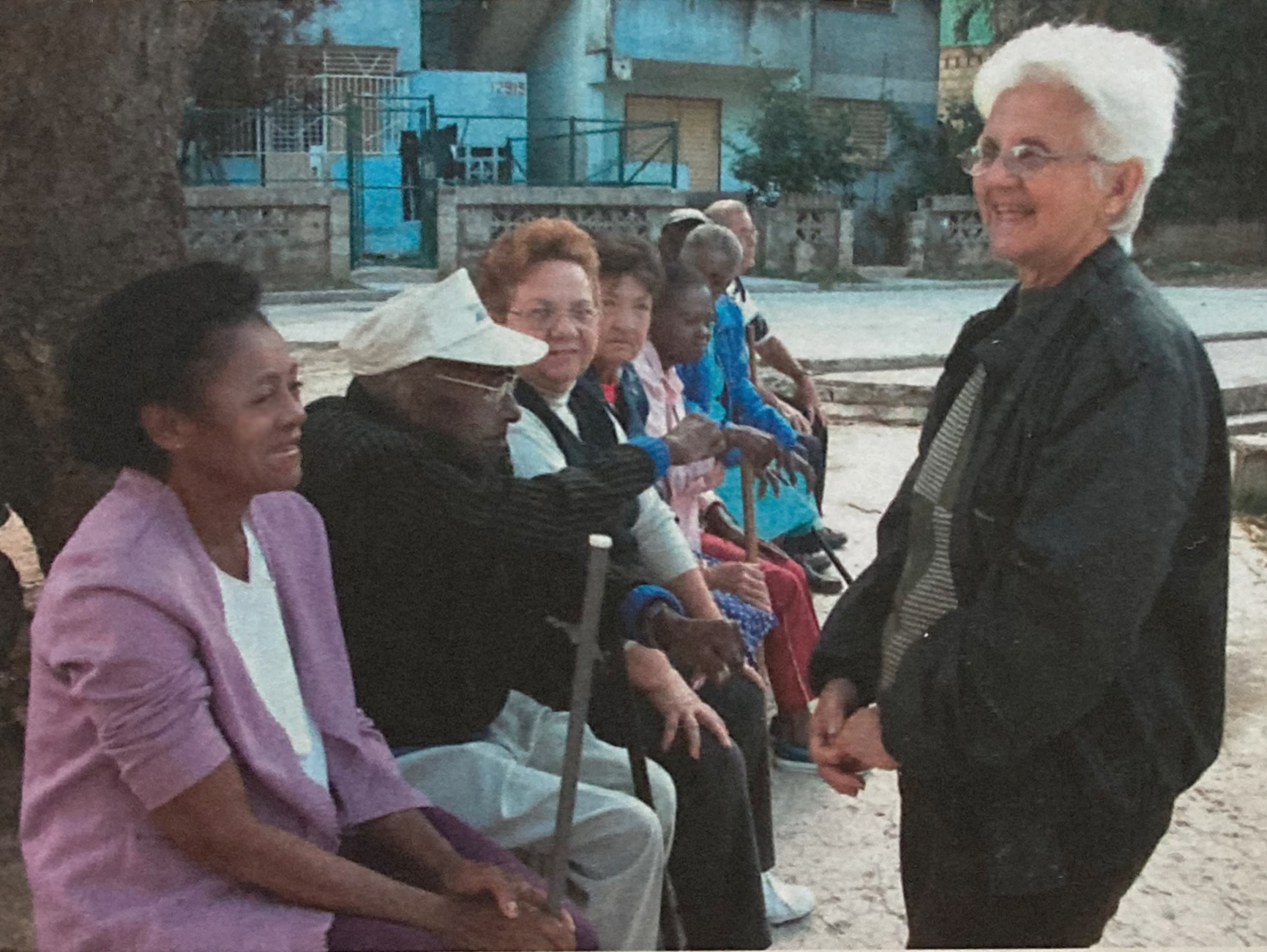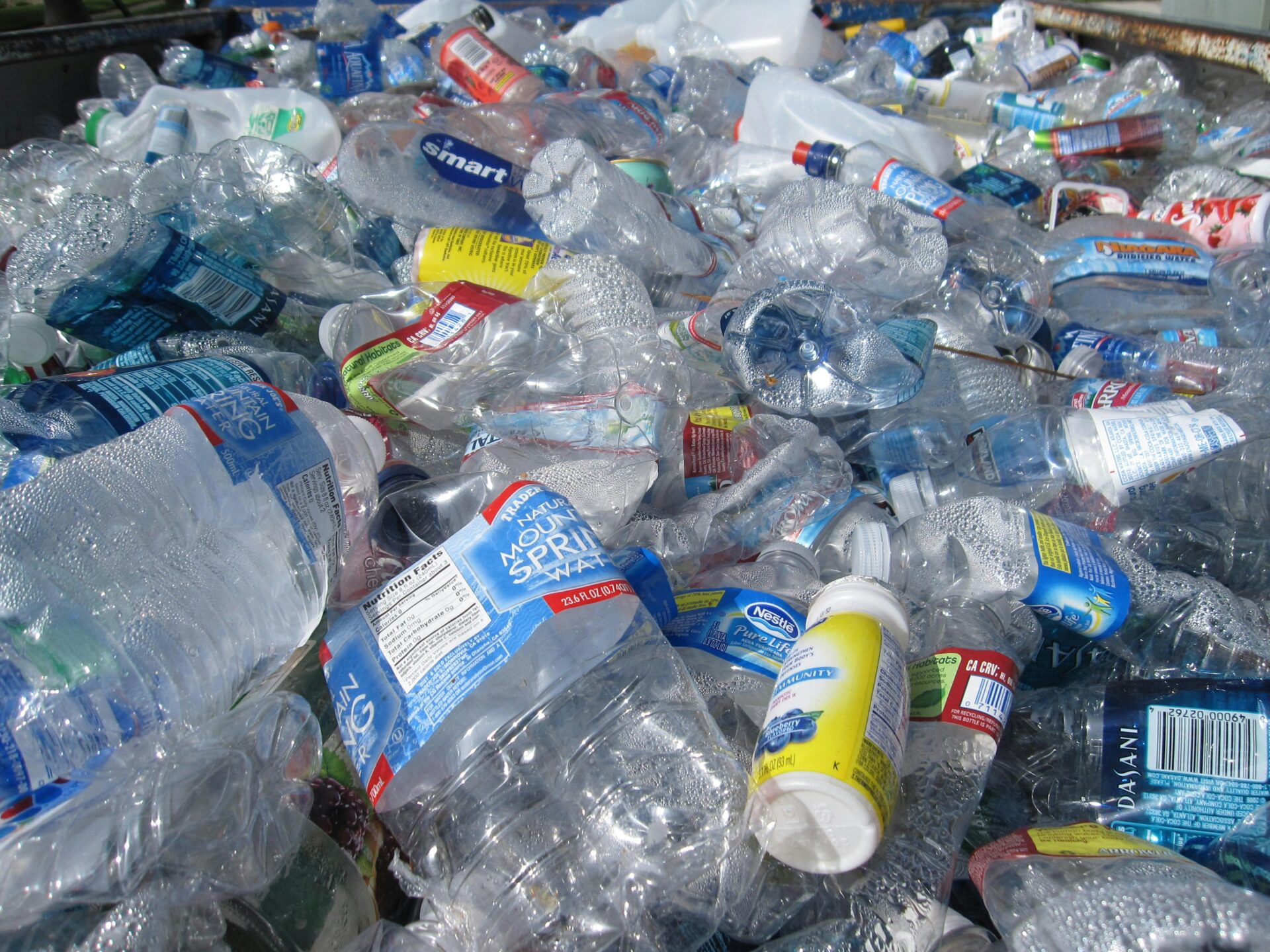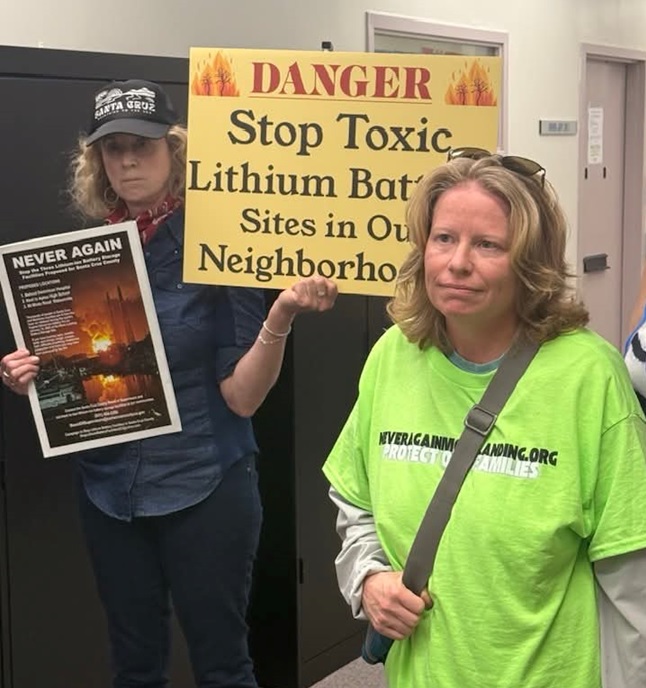Category: Less of What We Don’t Need
-

Ultra-processed food leads to obesity: The science explained
In the United States, around half of the food that people eat every day is ultra-processed—industrially manufactured products, like chips or candy, that are made by breaking down whole foods, modifying and combining them with additives to make them more attractive in the way they look, smell and taste. Scientists have linked consumption of ultra-processed…
-

Southern Panther Malik Rahim
In “A Southern Panther,” movement elder Malik Rahim talks about his lifetime of battling racism and fighting for peace and environmental justice. Former Louisiana Panther Malik Rahim first came to national and international attention in the wake of Hurricane Katrina and the flooding of New Orleans. “This is criminal ” is his harrowing account of…
-

Donald Trump’s Feverish Lust for Green Energy Resources – It’s Not About the Climate, It’s About Greed
Ancient oak trees rise above gigantic boulders scattered across a high desert mesa in Arizona’s Tonto National Forest. This is Oak Flat (Chi’ chil Bildagoteel), a sacred site for Native Americans, including the Western and San Carlos Apache. And like many other lands across the West, it’s under grave threat from multinational mining interests, all…
-

Great Nicobar: Disaster in the Making
A series of developments and new information that has come to light in recent months have raised further questions about the planned Rs.80,000 crore mega infrastructure project on Great Nicobar Island (GNI). The NITI Aayog–piloted initiative has four components: a transshipment terminal in Galathea Bay, an airport, a greenfield township, and a tourism project and…
-

Tiny titanium dioxide particles in food raise blood sugar, disrupt gut hormones in mice, study finds
New research highlights potential health risks of a common food color additive banned in Europe, found in candies and ultra-processed snacks. The tiniest particles of titanium dioxide—commonly used to make candies, cookies, and other ultra-processed foods look brighter and more visually appealing, especially to kids—can raise blood sugar levels and impair how the body processes…
-

Cuba brings hope to Alzheimer’s patients and their families
Dr. Lauren Collins reports on the positive results coming from new drugs that the world hears little about because they are developed in Cuba. With aging populations increasingly common around the world, degenerative brain disease is on the increase. Alzheimer’s disease, the most common form of dementia, has a devastating impact on the lives of…
-

Vietnam: a victory never to be forgotten
It’s a historic anniversary that the US ruling class and its allies around the world wish we would forget. Fifty years ago, on 30 April 1975, US imperialism suffered the worst military defeat in its history as troops of the North Vietnamese Army and South Vietnam National Liberation Front took complete control of Ho Chi…
-

Microplastics wreaking havoc on human hormones, fertility, a new review says
Tiny bits of plastic pollution are found all across the natural environment from the deep ocean to Arctic ice. This widespread contamination comes from the manufacture and overuse of plastics which degrade over time and leach toxic chemicals into the environment and the food system. The chemicals in micro-and nano plastics (MNPs) cause a plethora…
-

Never Again Moss Landing: The battery fire that should change the world—and could affect people who eat lettuce or strawberries
The battery fire that should change the world—and could affect people who eat lettuce or strawberries
-

Liberals Smooth the Way to Fascism
Many have expressed astonishment at how readily universities, law firms and state governments capitulated to the Trump administration. We believe that not only did these entities surrender because they are highly dependent on federal funds, but they are all, at heart, defenders of capitalism – even if said to be liberal. The trajectory has many…










